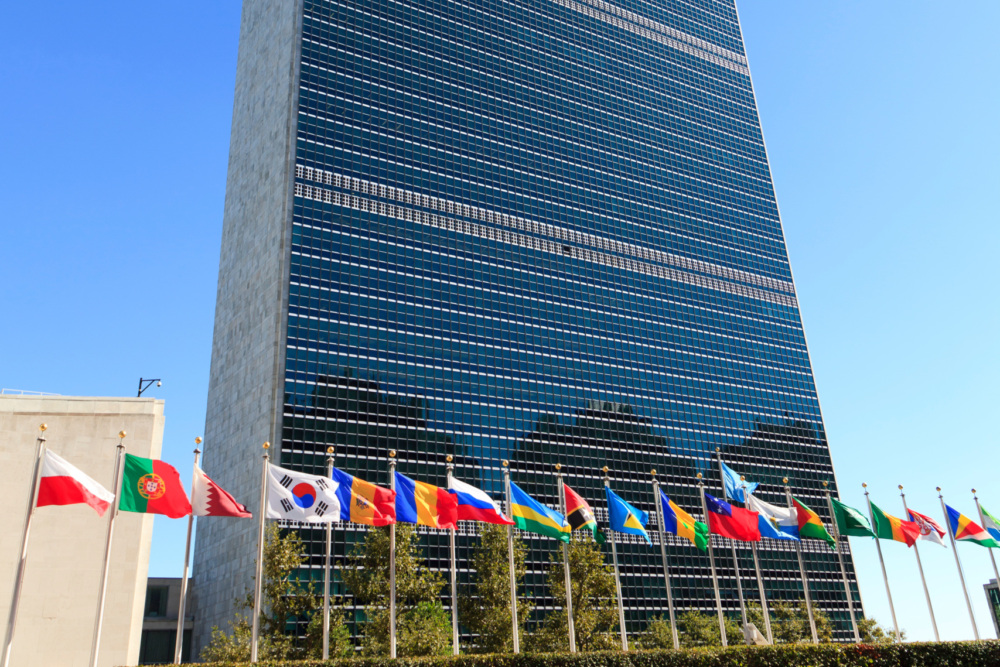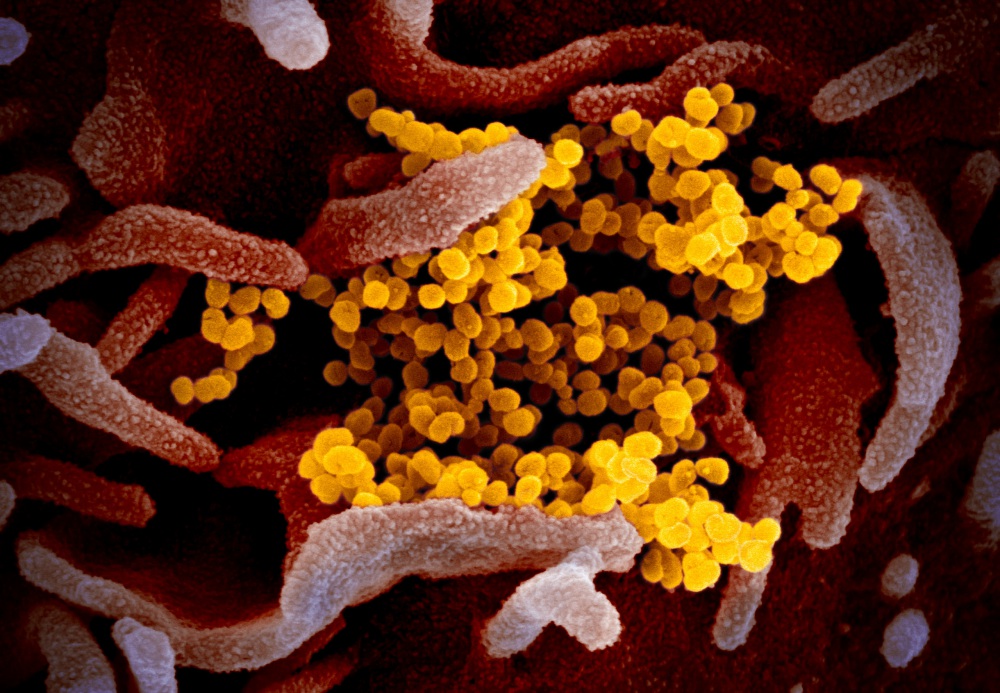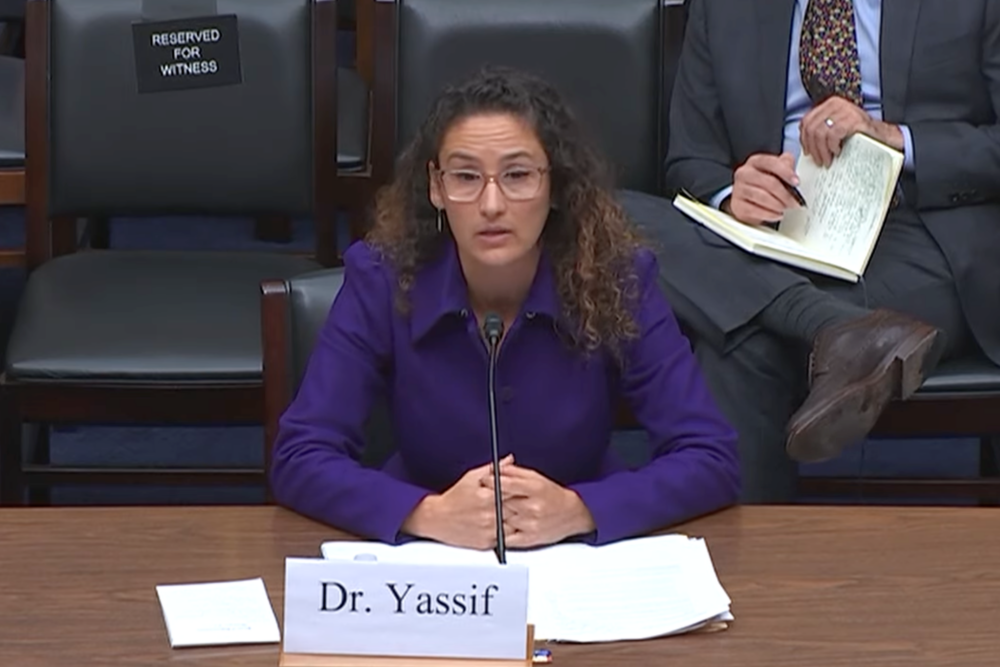The novel coronavirus outbreak that emerged in late 2019 has infected tens of thousands in China, community transmission is feared in other countries, and containment looks increasingly unlikely. The world is woefully unready for a scenario in which China-like conditions emerge in multiple other countries. The US, in particular, should not assume it is immune to a major domestic outbreak. While the prevention and control measures in numerous countries may delay the outbreak’s spread, they are unlikely to prevent it. Efforts are underway to develop medical countermeasures, but these are unlikely to be ready for widespread use for at least one to two years; meanwhile, the virus has shown in China that it can grow from introduction to a sizable outbreak in just weeks.
There is an urgent but closing window to prepare for large-scale spread of the disease in the US and elsewhere. This paper recommends actions to address pressing gaps in US and global preparedness in the event that COVID-19 cannot be contained and sustained human-to-human transmission occurs beyond China. These recommendations are critical both for this outbreak and for future epidemic threats. The paper draws on consultations over the past two weeks involving experts from the Center for Global Development, the Georgetown Center for Global Health Science and Security, the Nuclear Threat Initiative, the University of Nebraska Medical Center’s College of Public Health, and In-Q-Tel/B.Next.
Read the full brief here.





